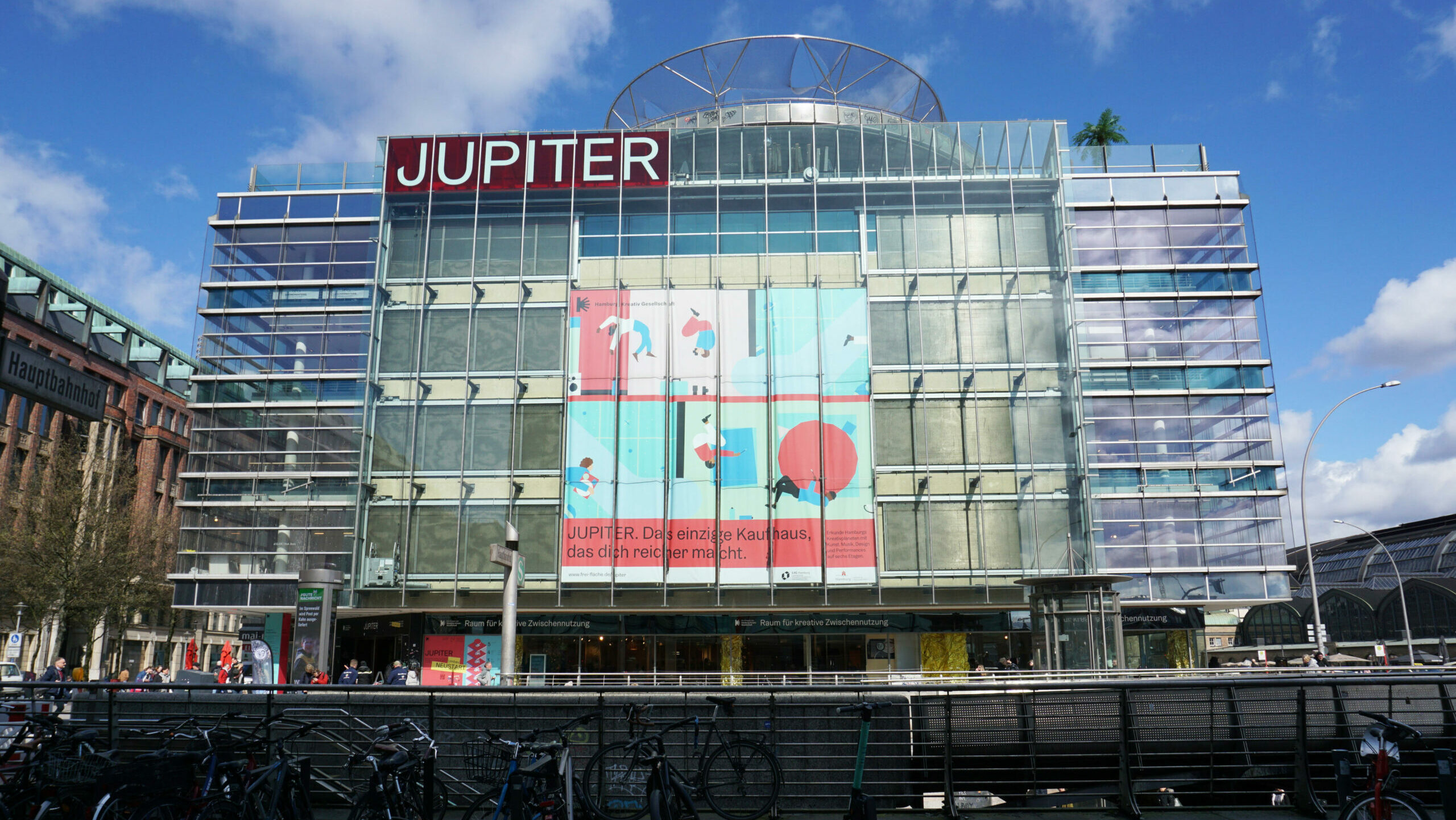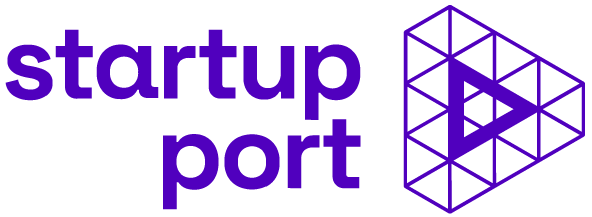The innovative final event of the “Societal Impact through Entrepreneurship” course brings together students, social entrepreneurs, start-up advisors and people interested in impact on May 31, 2024 at Jupiter in Hamburg and is supported by Startup Port. As part of a get-together of the social entrepreneurship scene, six teams will present their forward-looking ideas for regenerative business models that were developed during the course: Over a period of two months, they then intensively explored entrepreneurial mindset, social challenges, idea development and business model innovation in order to bring about positive social change. Under the direction of Prof. Dr. Jana-Michaela Timm, the pilot format combines theory with practice to inspire the next generation of change makers – we asked her five questions.

-
Why is the graduation event open to the public, what does it offer other students and people interested in impact?
The final event of the course “Societal Impact for Entrepreneurship” is also planned as a get-together for the social entrepreneurship scene in Hamburg. I think this combination of teaching and practice is highly topical. My colleagues Prof. Dr. Rouven Seifert, Prof. Dr. Michel Clement and I want to bring people from different contexts together through the University of Hamburg: Students, entrepreneurial role models, social entrepreneurs, start-up advisors, teachers and people who are interested in sustainability and the future. They will all experience six teams, international students from various specialist areas of economics and social sciences, who will present their results: They have spent more than two months working intensively on the entrepreneurial mindset, societal challenges, idea development and the renewal of business models – with the, goal of achieving positive societal change, be it ecological, social, political or cultural. Following the pitches and two speakers, all participants will have the opportunity to exchange ideas and share their insights into sustainable economic activity and entrepreneurship.
-
What was the impetus for the course and why is it a pilot and transfer project?
We urgently need social innovations. They arise, among other things, in educational settings and through the coming together of people who are willing to create. The Federal Ministry of Education and Research (BMBF) is also promoting innovative teaching formats in the field of social entrepreneurship due to the pressing challenges of our time. Our course “Societal Impact through Entrepreneurship” is one such pilot format. We want to train designers in the economic environment. We want students from different disciplines and cultural backgrounds to learn together. The focus here is particularly on regenerative economic thinking and action. This also requires new, broader concepts of business models, for which there is still hardly any literature. In this sense, we work with the transfer from practice to theory and vice versa. At present, there is still little research in this area of teaching. This makes it all the more important to try out new teaching formats and move forward.
-
What benefits does the course offer students with and without a concrete interest in starting a business? What skills and tools does it teach them that differ from traditional entrepreneurship courses?
The course “Societal Impact through Entrepreneurship” is less about students founding a company at the end of the course. Rather, students should gain a critical and comprehensive understanding of sustainable and regenerative business models and understand the entrepreneurial process in order to know how innovations for sustainable development become possible. On the other hand, the aim is to open up a space for students to explore their self-image as shapers of economic and social contexts. They also discuss terms and concepts such as growth, profit maximization, leadership, competition and cooperation. One of the most exciting methods is that Prof. Dr. Rouven Seifert uses virtual reality glasses to encourage students to develop ideas. We also have exciting guests, such as an impact investor and Boris Kozlowski, CEO of the Hamburg Alliance for Social Entrepreneurship, with whom the students can talk on an equal footing.
-
How profitable can or should business ideas be that aim to change our society for the better?
In this context, we include “not-for-profit” and “for-profit” business models. We explicitly want students to understand and internalize the differences between conventional, sustainable, circular and regenerative business models. For example, although some newer business models aim to generate profit, they are no longer designed to maximize profit. The focus is on the positive effect (impact) that an organization has on the various areas of society and its stakeholders. We also include nature, living beings in general and the biosphere in this concept of society.
-
What happens after the graduation event? How does Universität Hamburg support students in getting ideas ready for the market and making important contacts?
The course is organized in cooperation with the Faculty of Business, Economics and Social Sciences, the Faculty of Business Administration and the TransferAgentur of the University of Hamburg. The TransferAgency’s start-up service also provides pitch training for the students, for example, and actively supports the final event. In this way, the students come into contact with those who will subsequently support them in their actual start-up projects.
Link to the LinkedIn profile of Prof. Dr. Jana-Michaela Timm

